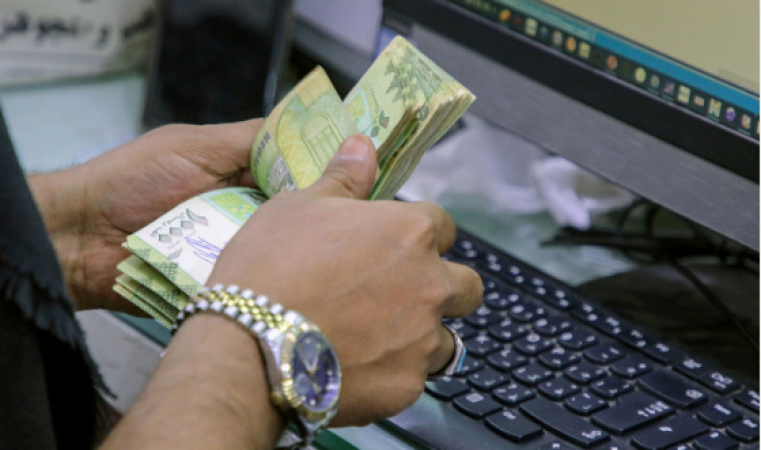
Al Mukalla: On Wednesday, as the Yemeni riyal hit a new low, protests broke out in many of the country's cities under the control of the internationally recognised government.
The riyal plunged from the May value of 1,300 to 1,500 per dollar in Aden and other cities, ending months of stability.
In Aden and Al-Mukalla, angry protesters shut down shops, exchange companies, and other establishments as they blocked major thoroughfares and set tyres on fire.
Also Read: UN Demands Greater Action to Combat Religious Intolerance in Wake of Quran Burnings
Local trade unions and internet users have called for massive demonstrations and civil disobedience in areas under government control until the Yemeni government steps in to stop the depreciation of the riyal.
As a result of clashes between protesters and local security forces over the deteriorating economic situation and declining riyal, several people were killed in previous demonstrations in Al-Mukalla and Aden.
The Yemeni riyal had been trading at 1,200 to the dollar ever since the Presidential Leadership Council was established and the government relocated to Aden in early 2022.
Also Read: In a UK court, Kevin Spacey claims he has never molested anyone
After Saudi Arabia announced a $1 billion deposit with the state bank, the currency gained even more momentum.
However, after Yemeni peace efforts stalled and the presidential council was unable to stay at home, the value of the riyal began to fall in May, reaching a low of 1,300 per dollar.
The council's chairman, Rashad Al-Alimi, promised to control the exchange markets and stop the riyal's decline on Wednesday.
At a meeting in Riyadh with the French Ambassador to Yemen, Jean-Marie Safa, Al-Alimi stated that his government would "urgently" take action to stop the depreciation of the riyal without going into further detail about its plans.
The central bank in Aden closed unlicensed money exchange businesses during previous rounds of currency depreciation, threatened to suspend businesses that did not abide by its rules, and provided local traders with dollars so they could import goods and fuel.
Local merchants said on Wednesday to Arab News that they won't buy or sell anything until the Yemeni riyal stabilises, adding that only significant retailers take the Saudi riyal.
Prices for necessities like flour, sugar, and cooking oil have increased by 20%.
"If I made a purchase right now, I would lose money. Abdullah, who runs a small grocery store in Al-Mukalla, told Arab News that he should wait a while.
Also Read: Bali will start charging a $10 electronic tourist tax in 2024 in order to protect its culture
According to experts, Houthi drone attacks on oil facilities and a suspension of oil exports have brought the government to the verge of bankruptcy. As a result, the government has few options for resolving the currency crisis, including asking Saudi Arabia and international donors for a new financial package.
The Houthis recently forced local traders to import goods through Hodeidah, depriving the government of both Marib gas and tax revenue from ports. Additionally, the militia forbade government-controlled petrol tankers from entering their territory.